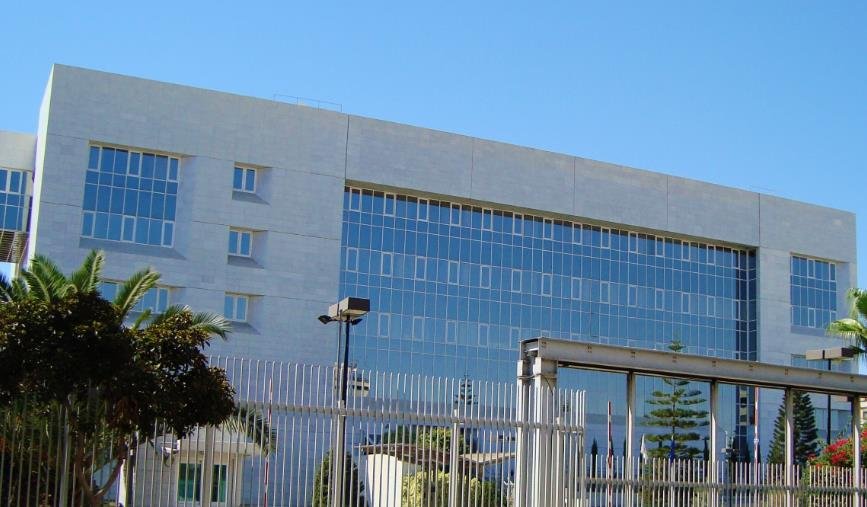Banks in Cyprus are expressing caution regarding the island’s tourism expectations for 2024. Despite a promising start to the year, a lackluster performance in May has led to skepticism about setting new tourism records. Ongoing geopolitical conflicts and inflation are contributing to the uncertainty, with banking sources revealing that card transactions related to the tourism sector did not meet expectations. This article delves into the factors influencing Cyprus’s tourism outlook and the implications for the island’s economy.
Banks in Cyprus are urging caution as the summer season approaches. The lackluster performance in May has raised concerns about the potential for new tourism records. Senior banking sources have indicated that card transactions related to the tourism sector fell short of expectations, signaling a cautious outlook for the upcoming months. Despite these concerns, banks do not predict a significant decline in tourism for 2024 but remain skeptical about surpassing previous records.

The decline in tourism activity is partly attributed to ongoing conflicts in neighboring regions, which have impacted tourist flows from traditional markets. Countries such as the United Kingdom, Israel, Poland, Germany, and Greece have historically contributed significantly to Cyprus’s tourism revenue. However, the geopolitical landscape has created uncertainties that are affecting travel plans and reducing the number of visitors from these key markets.
While official figures for May are still pending, preliminary data suggests a correlation with April, where tourist arrivals saw a slight dip compared to the previous year. Despite this, the overall number of arrivals from January to April remained steady, bolstered by favorable weather conditions during the winter months.
Economic Factors at Play
Inflation is another critical factor influencing Cyprus’s tourism outlook. The rising cost of living and travel expenses have made it more challenging for tourists to afford vacations, leading to a decrease in discretionary spending. This economic pressure is particularly evident in the tourism sector, where consumers are becoming more cautious with their spending habits.
The high benchmarks set in previous years, particularly in 2023, have also made it difficult to replicate the same level of success in 2024. The tourism industry experienced a significant boom last year, driven by pent-up demand following the easing of COVID-19 restrictions. However, maintaining this momentum has proven challenging amid the current economic and geopolitical uncertainties.
Despite these challenges, there are some positive developments on the horizon. Recent airline agreements hint at additional flight capacities that could boost tourist arrivals. However, the specifics of these agreements remain unclear, and their impact on the overall tourism outlook is yet to be determined.
Implications for the Tourism Industry
The cautious outlook from banks has significant implications for Cyprus’s tourism industry. The sector is a vital component of the island’s economy, contributing substantially to GDP and employment. Any fluctuations in tourism activity can have a ripple effect on various other sectors, including hospitality, retail, and transportation.
Tourism insiders are closely monitoring the situation and exploring strategies to mitigate the impact of the current challenges. This includes diversifying the tourism market by targeting new and emerging markets, enhancing marketing efforts, and improving the overall tourist experience. By adopting a proactive approach, the industry aims to navigate the uncertainties and maintain a steady flow of visitors.
In conclusion, while Cyprus’s tourism sector faces several challenges in 2024, there is still potential for growth and recovery. The cautious outlook from banks highlights the need for strategic planning and adaptability in the face of economic and geopolitical uncertainties. By addressing these challenges head-on, Cyprus can continue to attract tourists and sustain its position as a popular travel destination.








